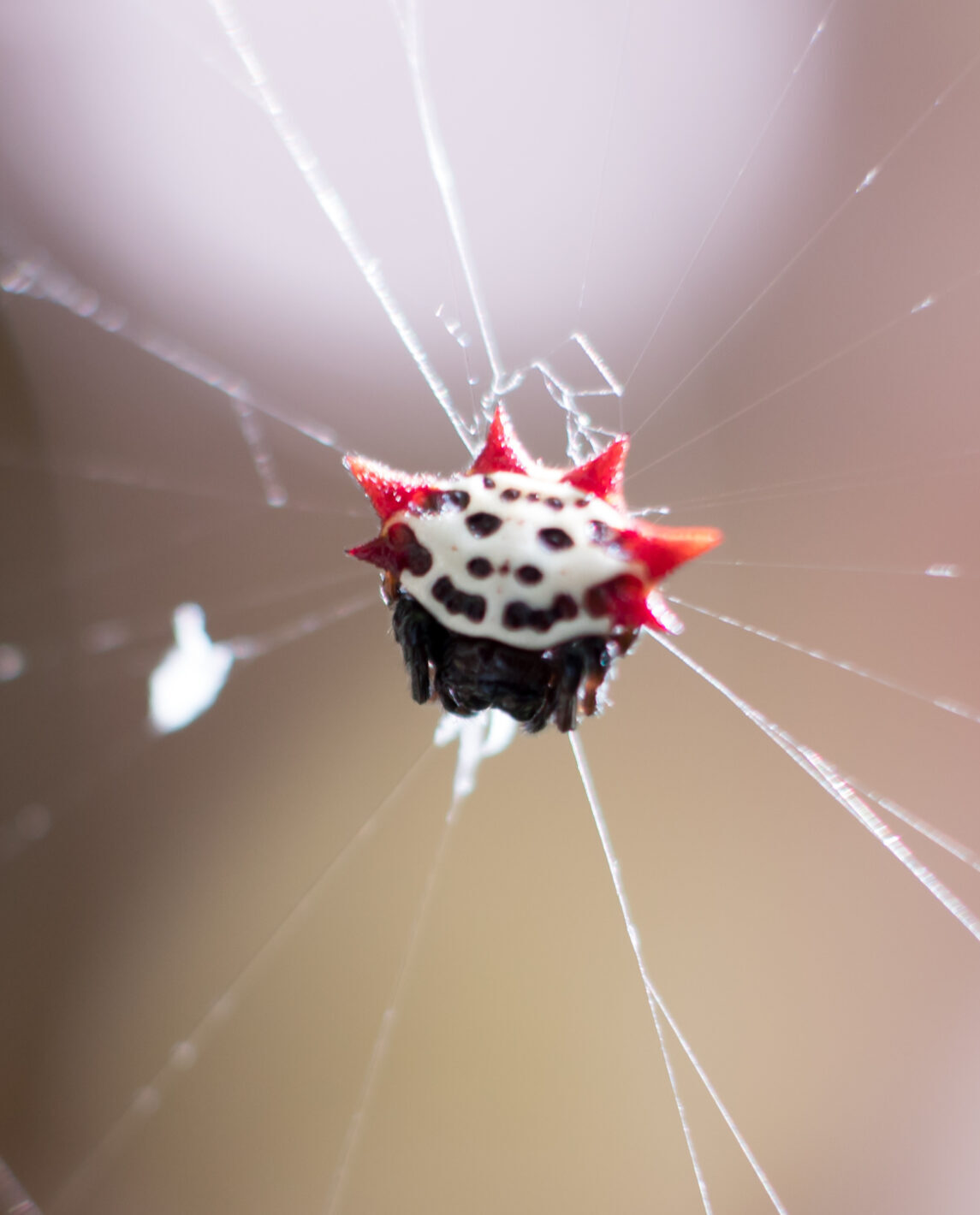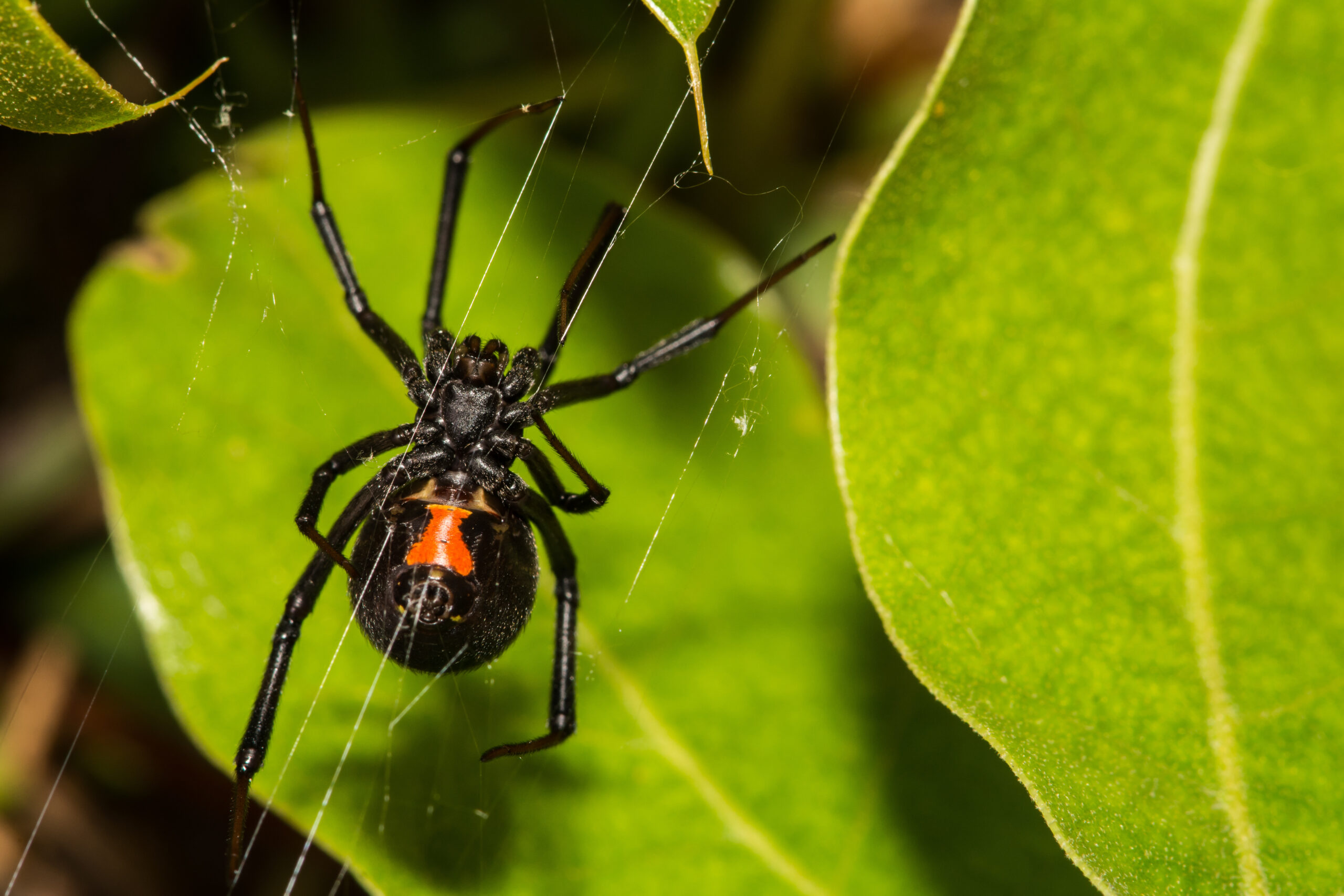
Spiders
Florida has approximately 59 different species of spiders throughout the state. The most common species South Floridians encounter are spiny backed orb-weavers, golden silk orb-weavers, southern black widows, daddy longlegs (not spiders), wolf spiders, yellow garden, southern house, and house spider to name a few.
These arachnids are not true insects as they have 8 legs where insects have 6.
Tips to Avoid Being Bitten by a Spider
- Never attempt to pick up a spider, even if you believe you know the type of spider, it is best to leave it alone.
- Wear gloves, long pants, and a long-sleeved shirt when doing yard work. Spider bites happen when people stick their hands into wood piles and threaten a nesting spider.
- Teach children to avoid spiders and what to look out for when playing outdoors.
- Shake out shoes or similar items prior to putting them on.
What To Do If You Are Bitten by a Spider
- Try to capture the spider and bring it with you to the hospital so doctors can determine the best treatment for the bite. If you cannot capture the spider, a picture is the next best thing.
- Clean the wound with soap and water.
- Apply a cool compress.
- If you believe the bite came from a venomous spider on an extremity, elevate the wounded area.
- Ty a snug bandage to help slow or halt the venom’s spread.
- Seek medication attention as soon as possible.
